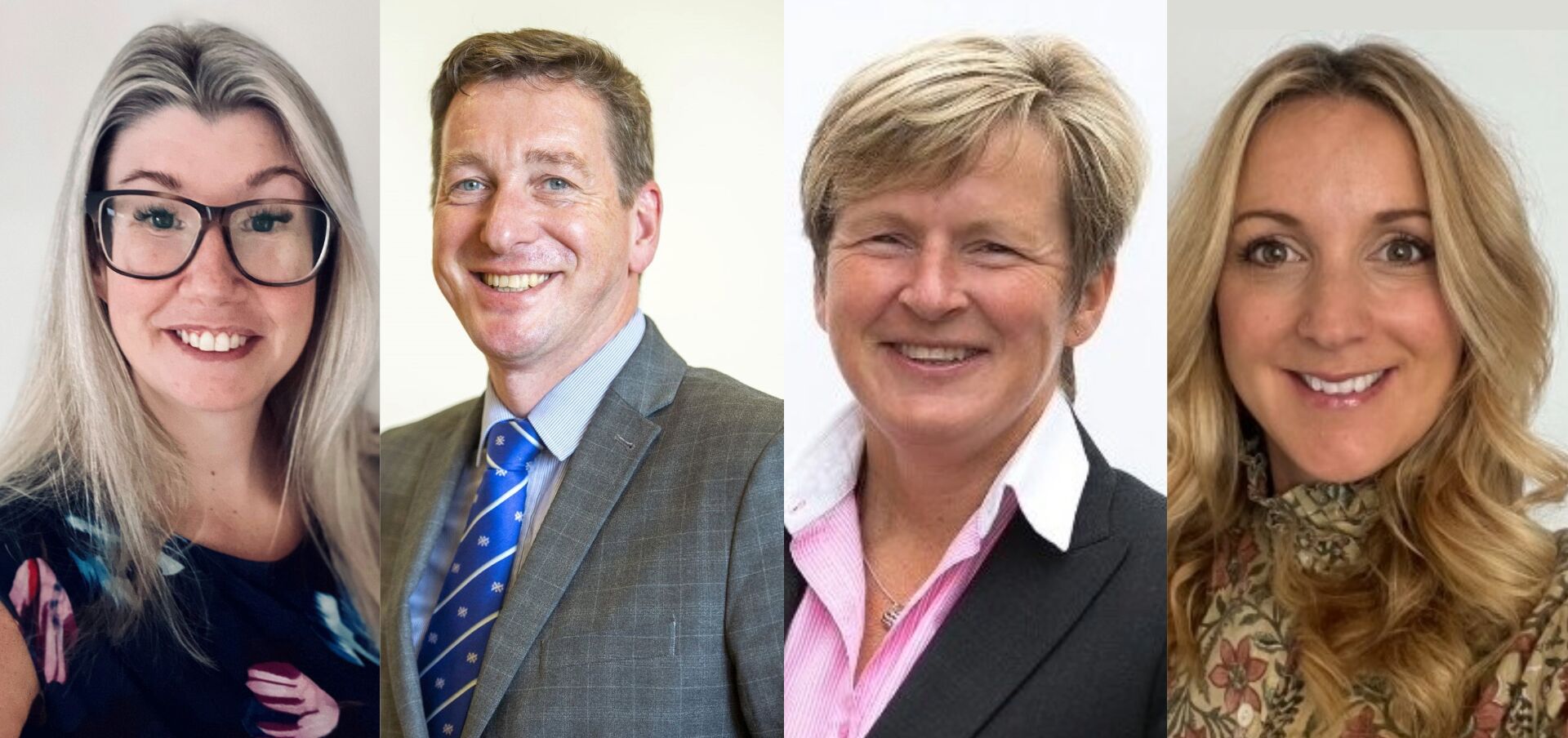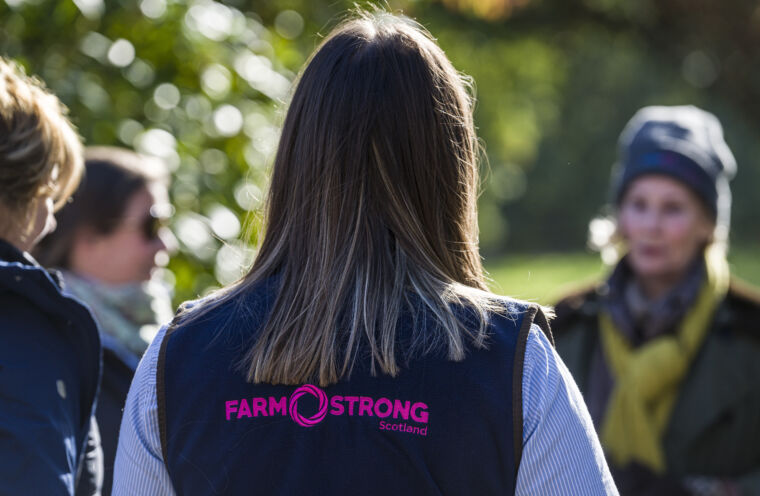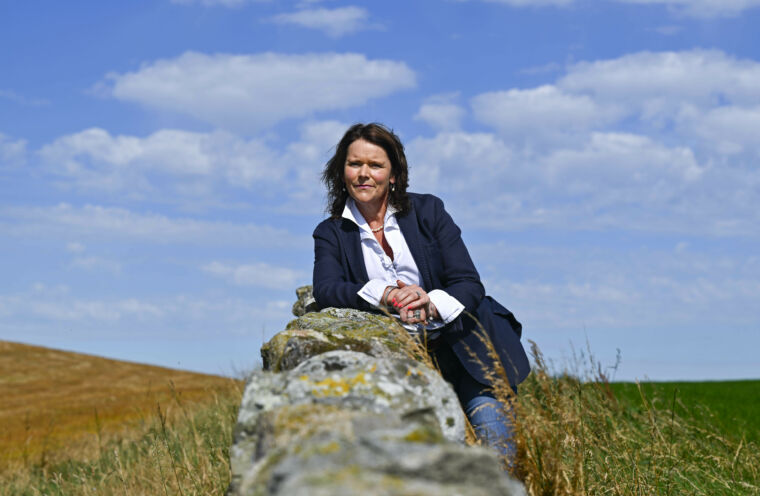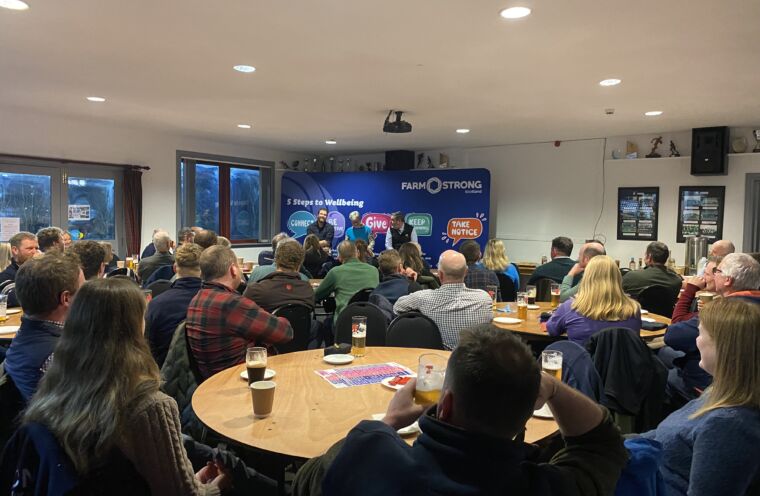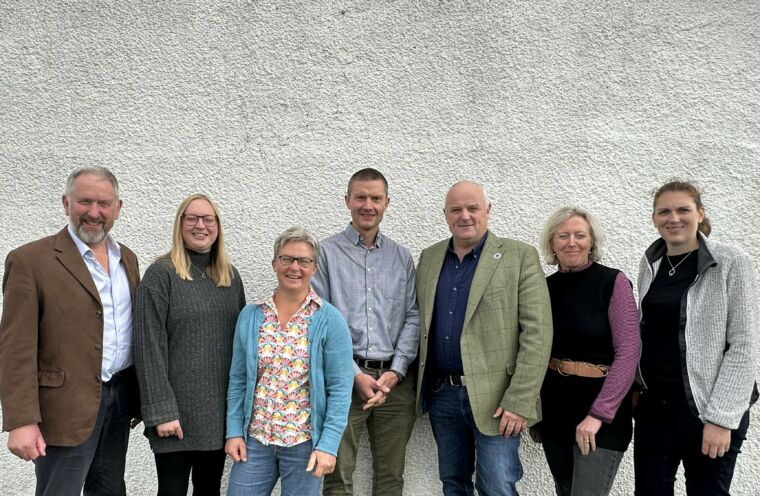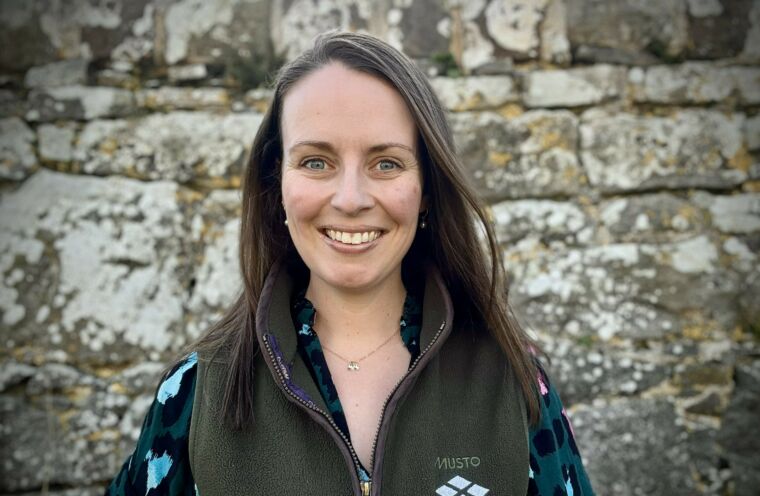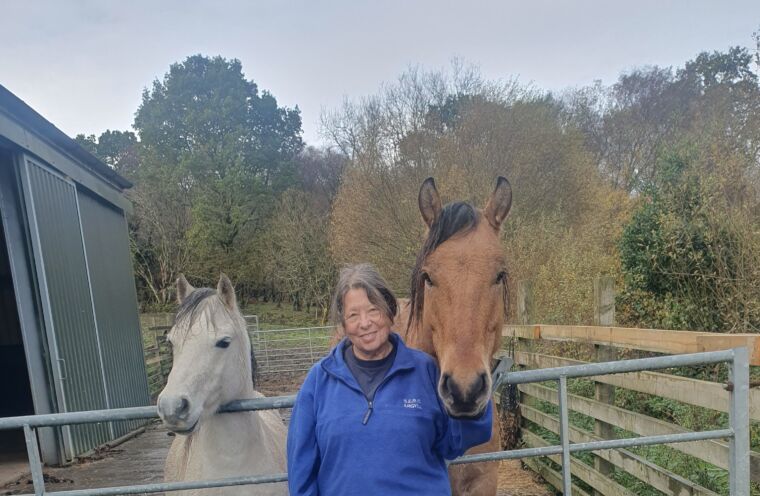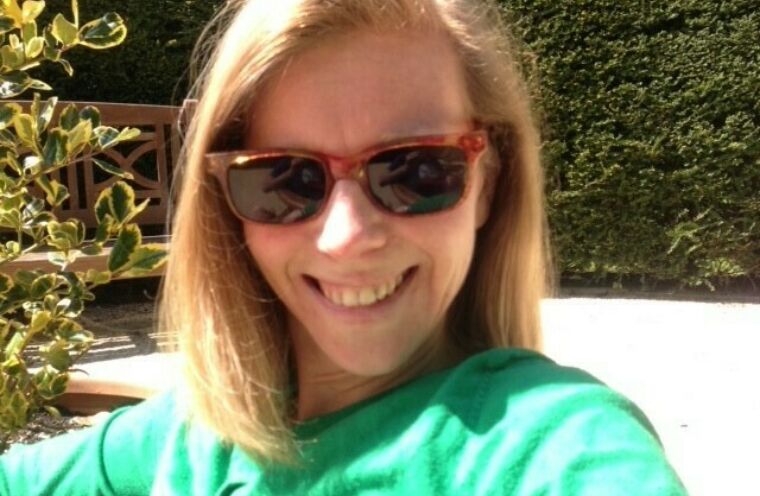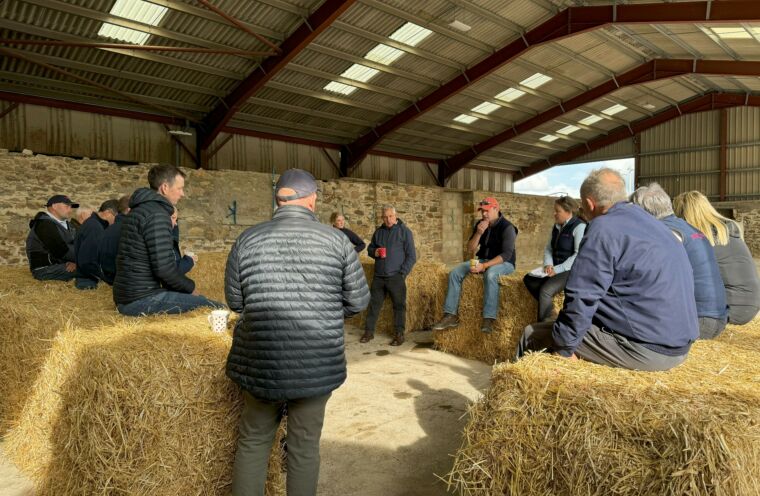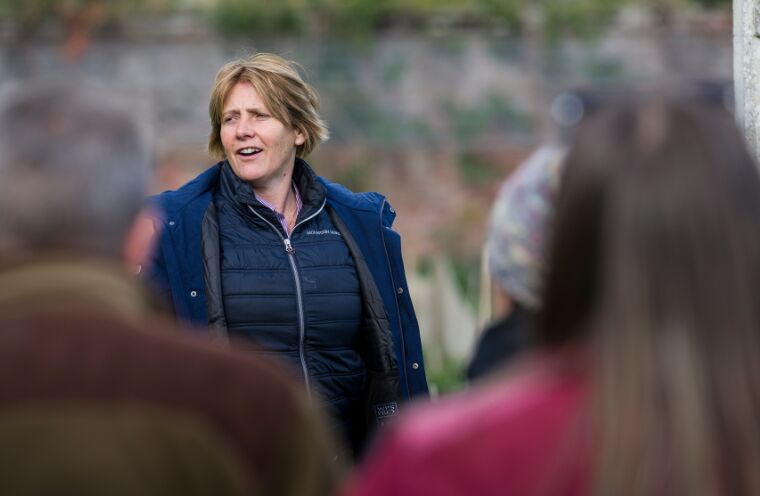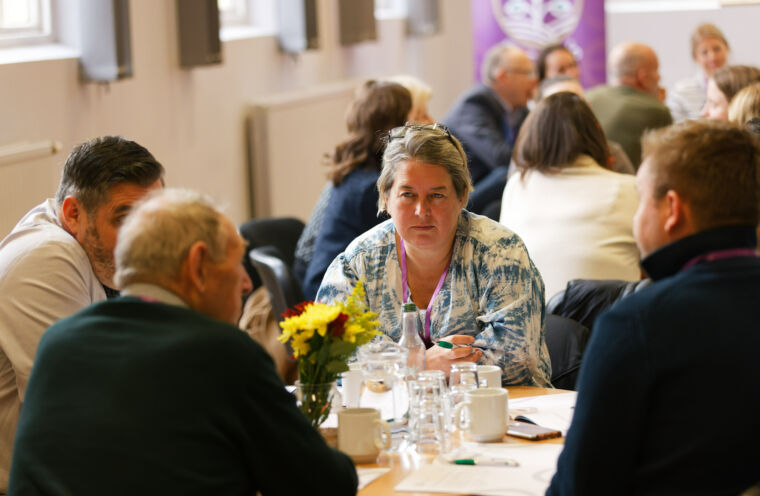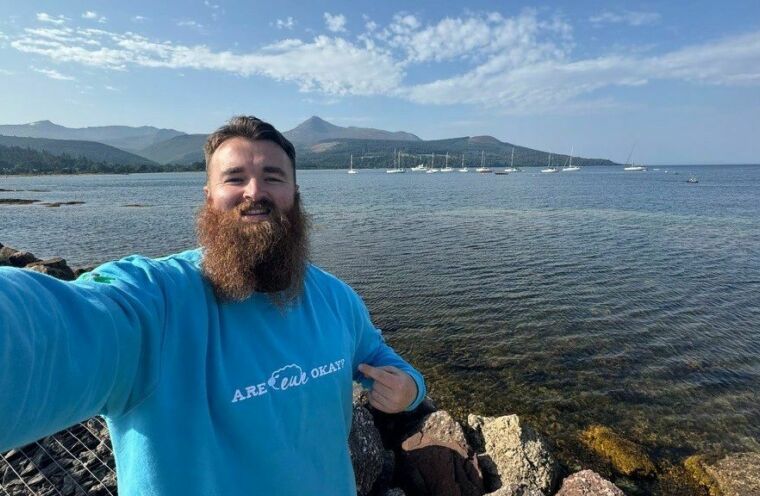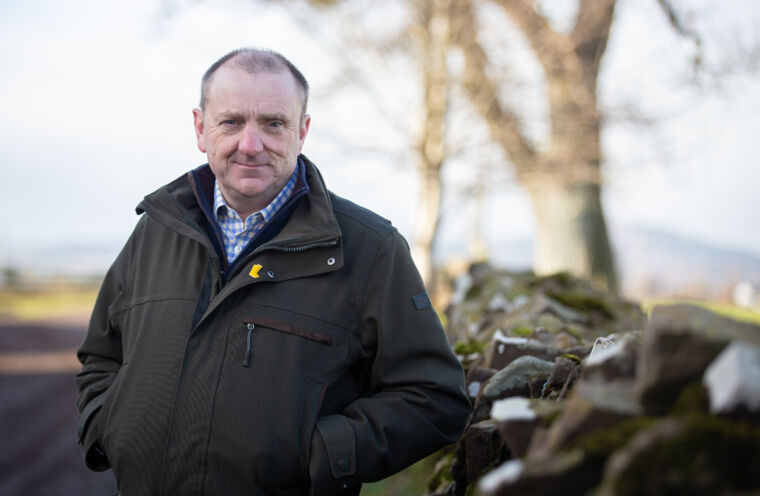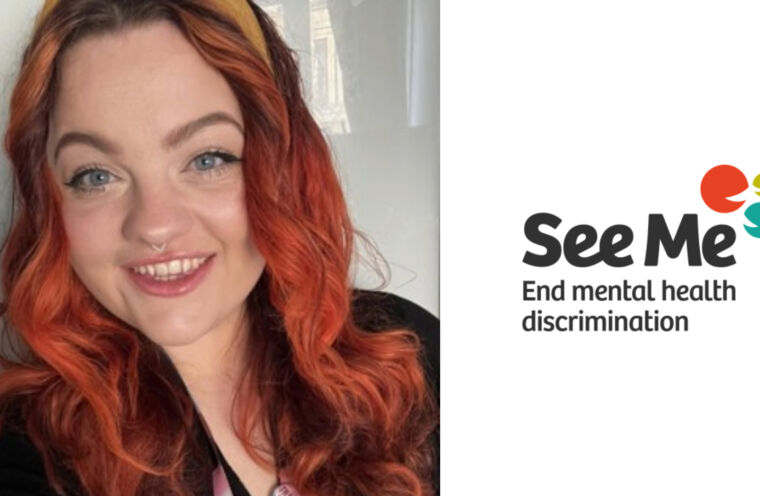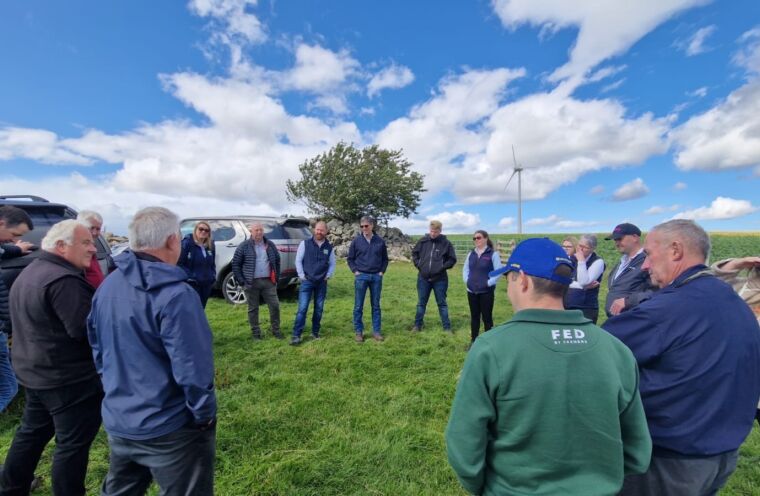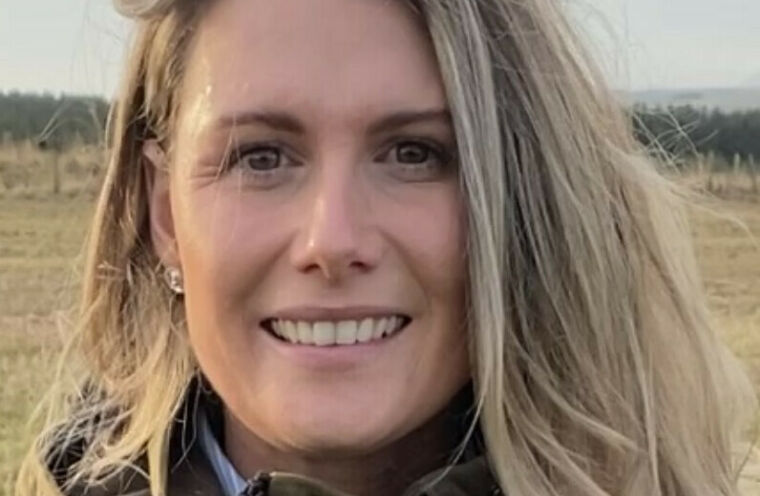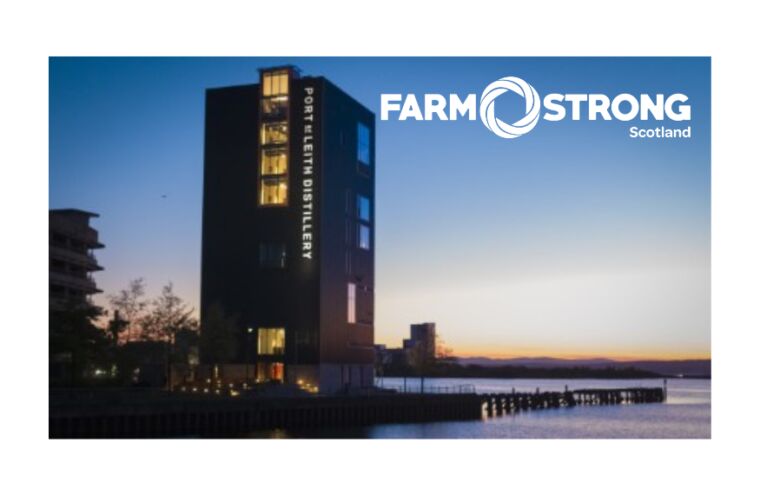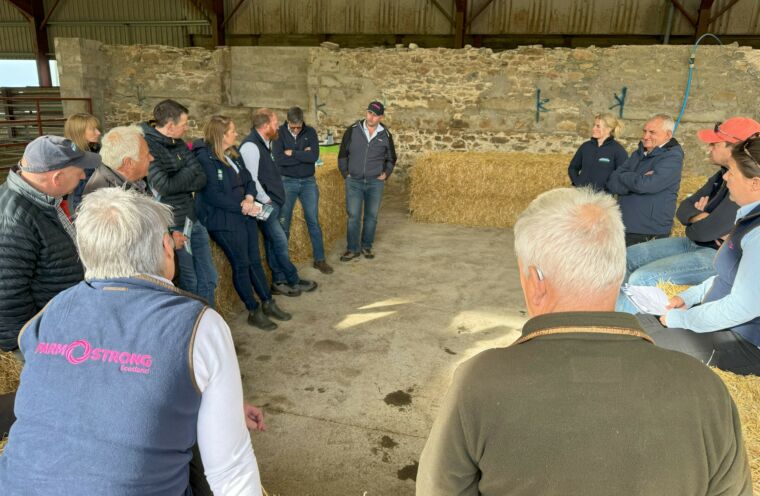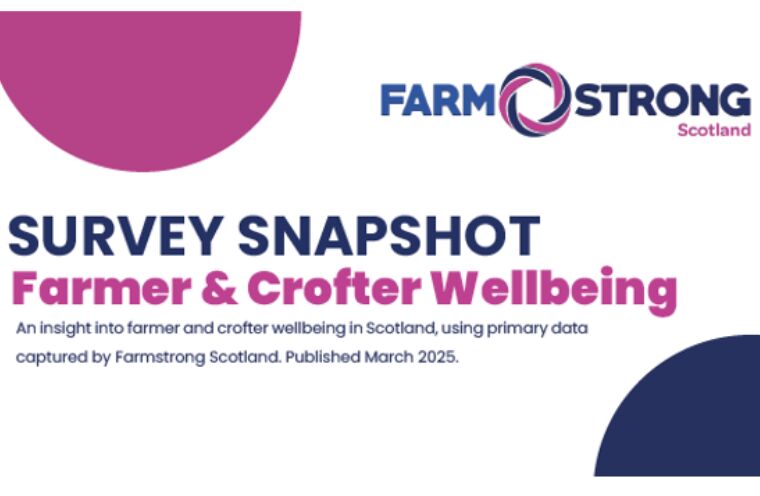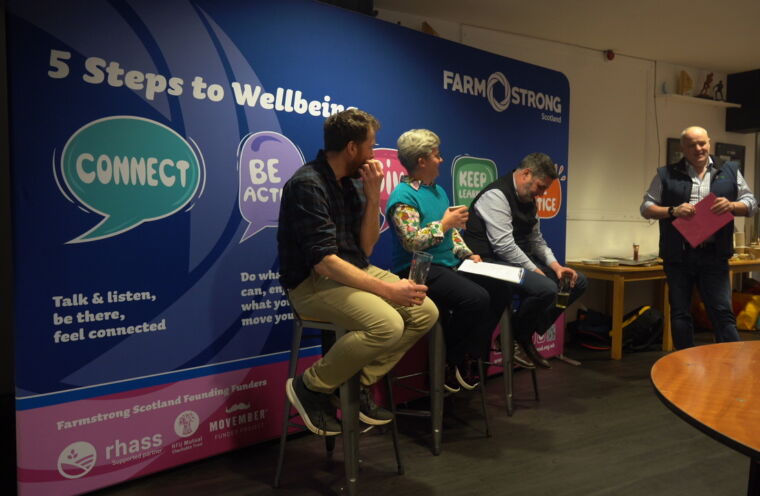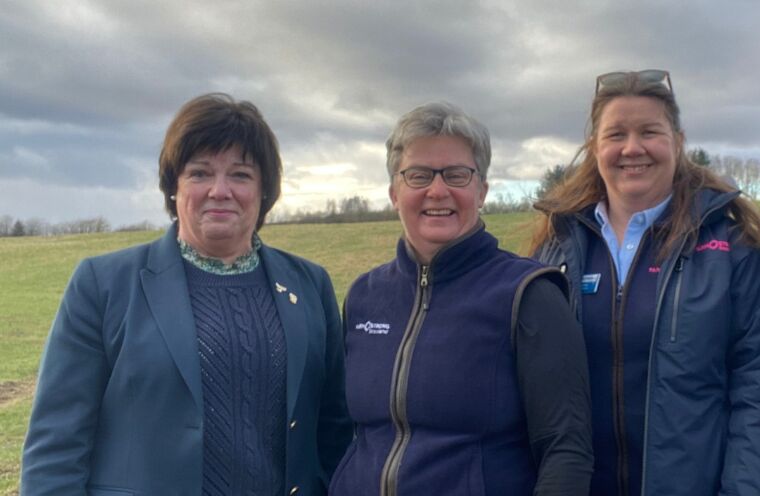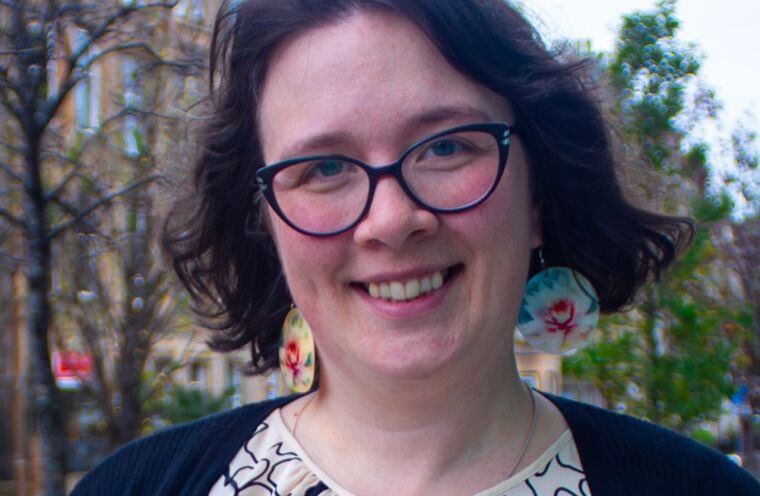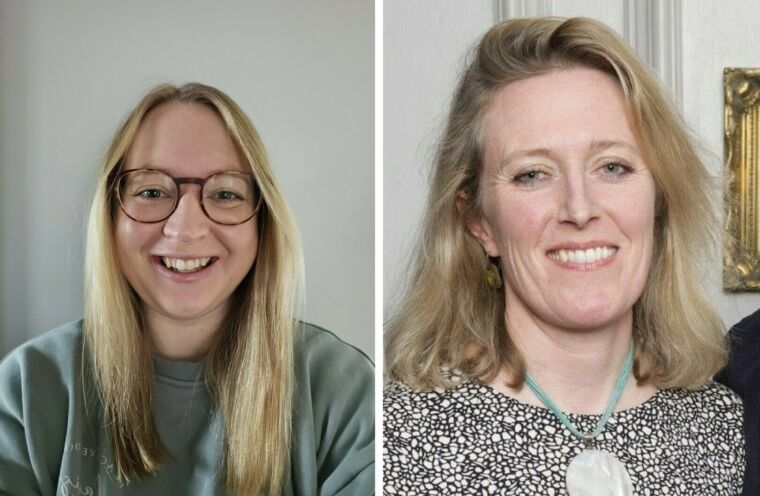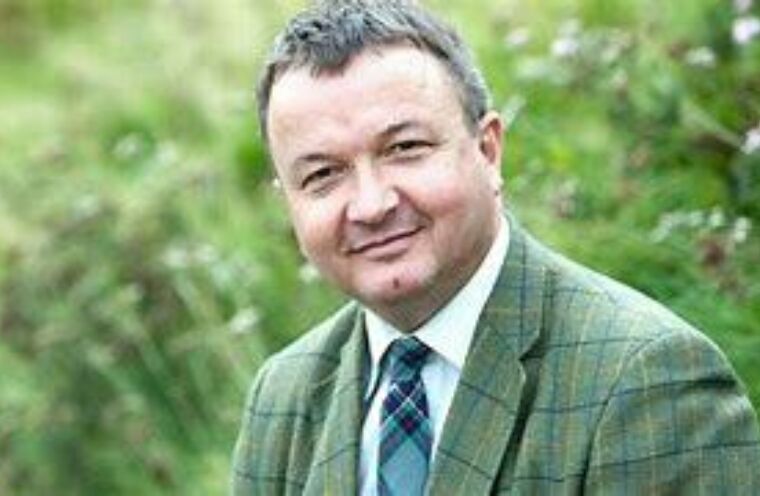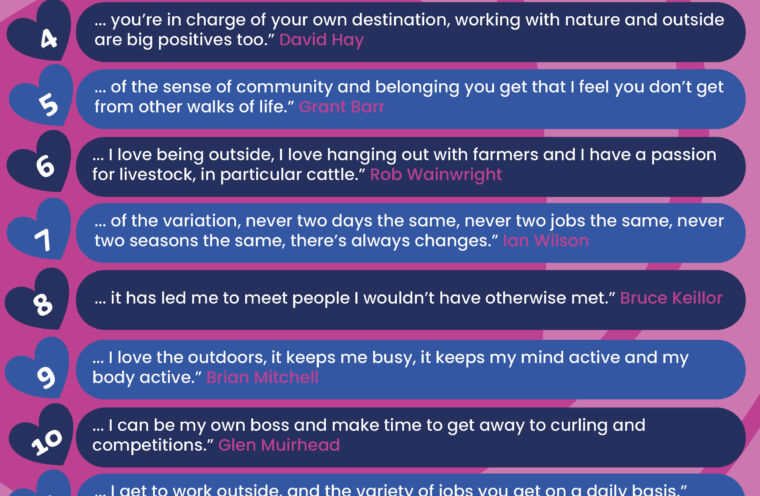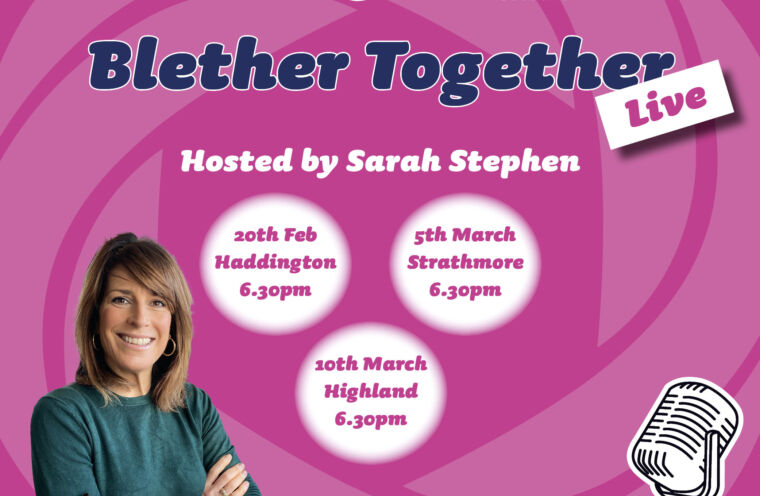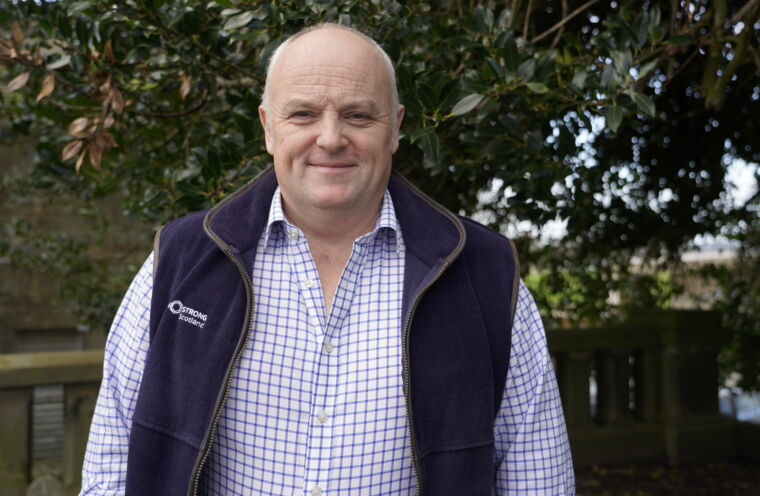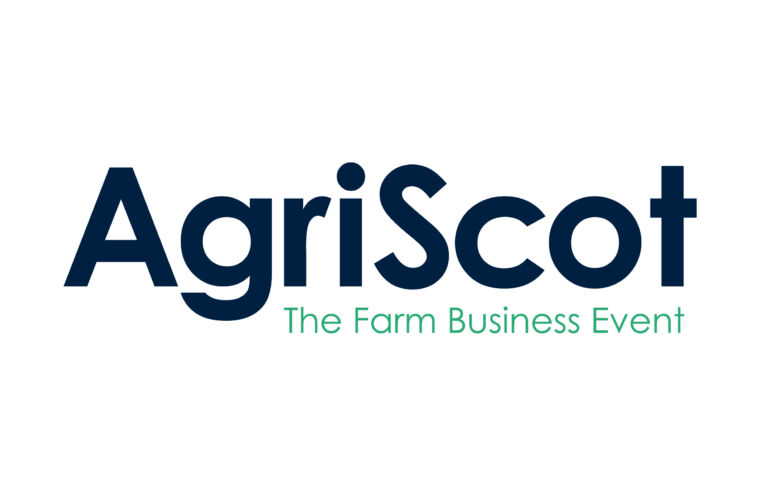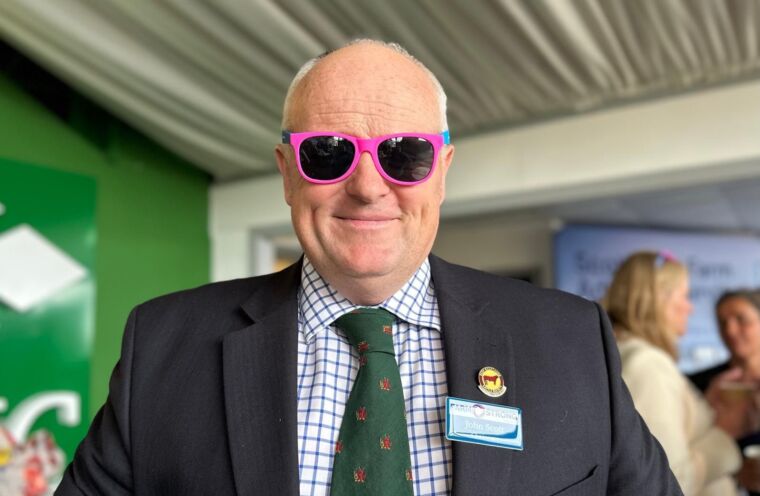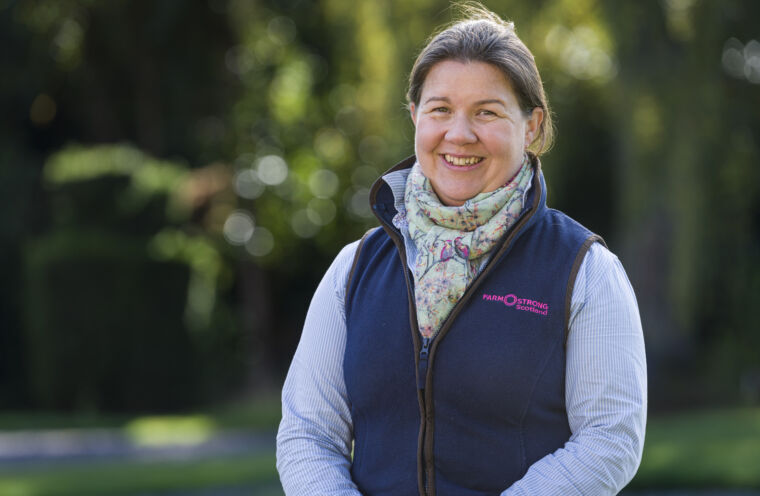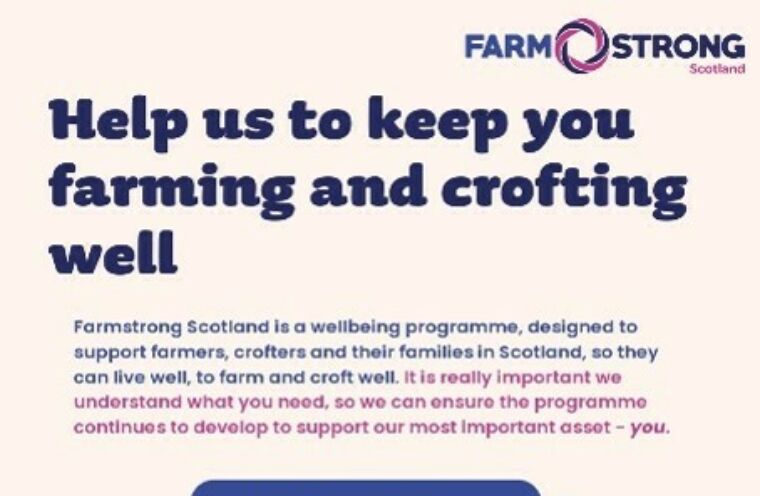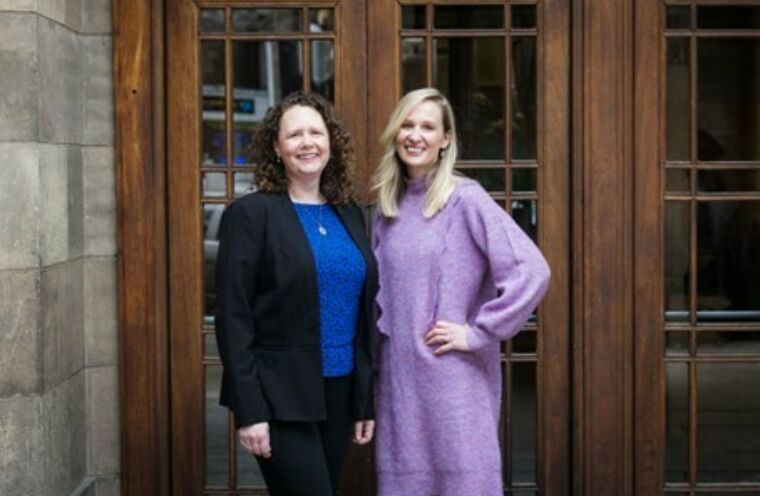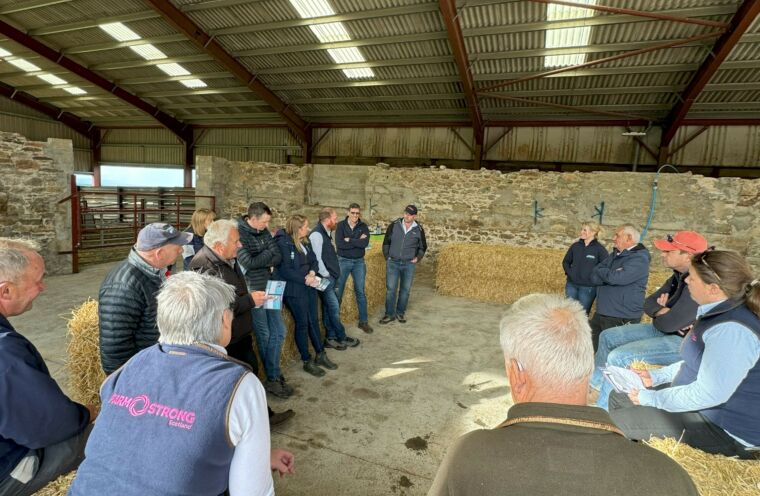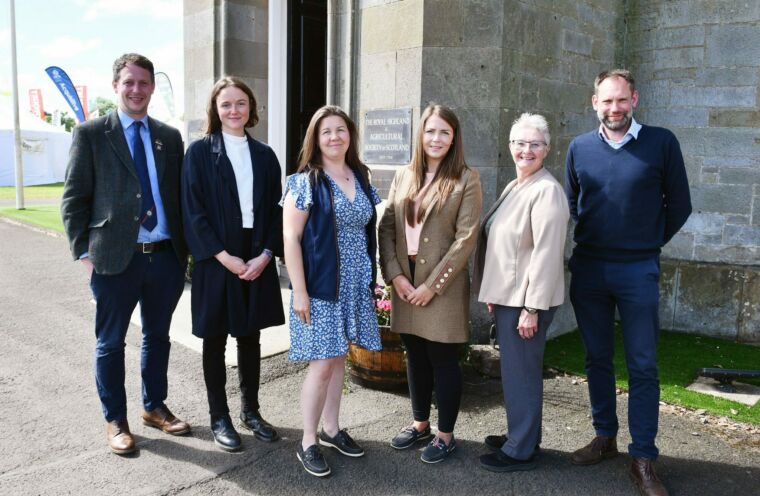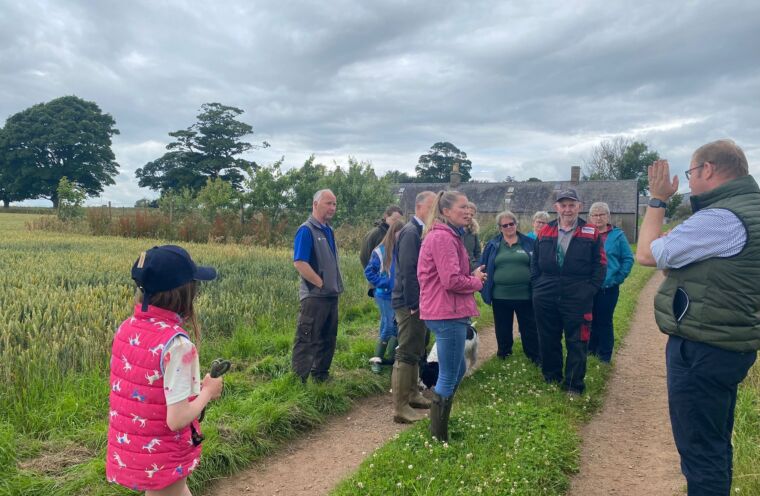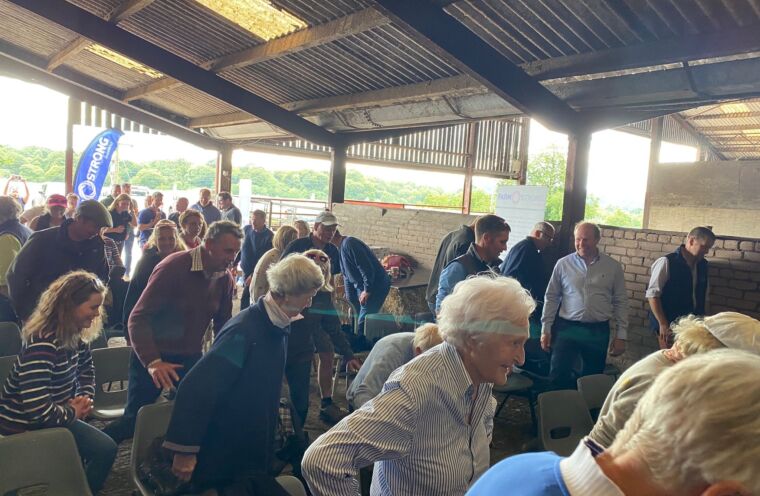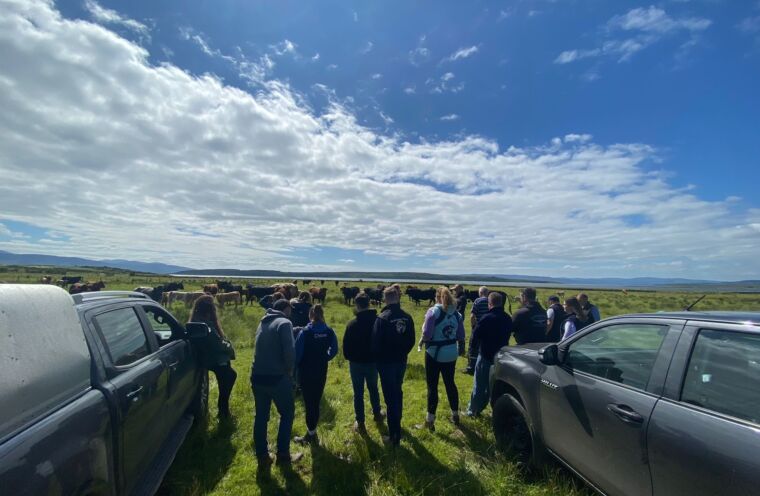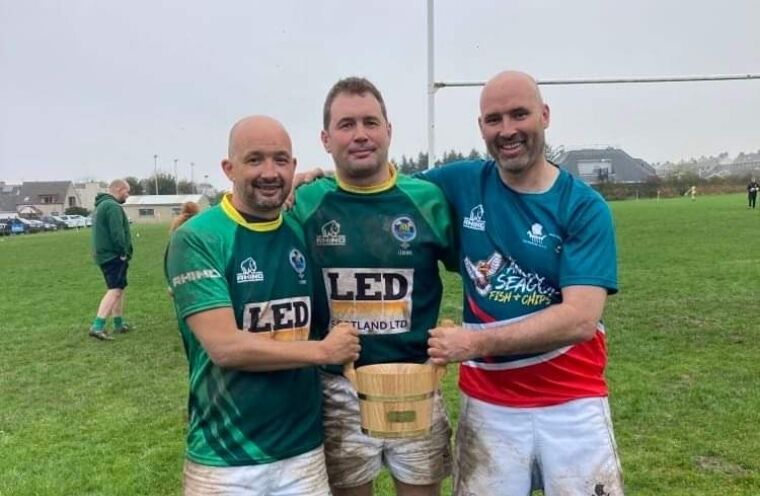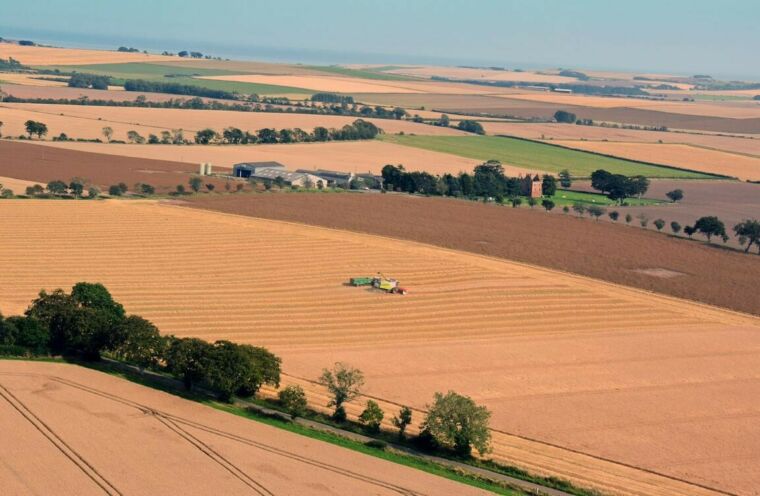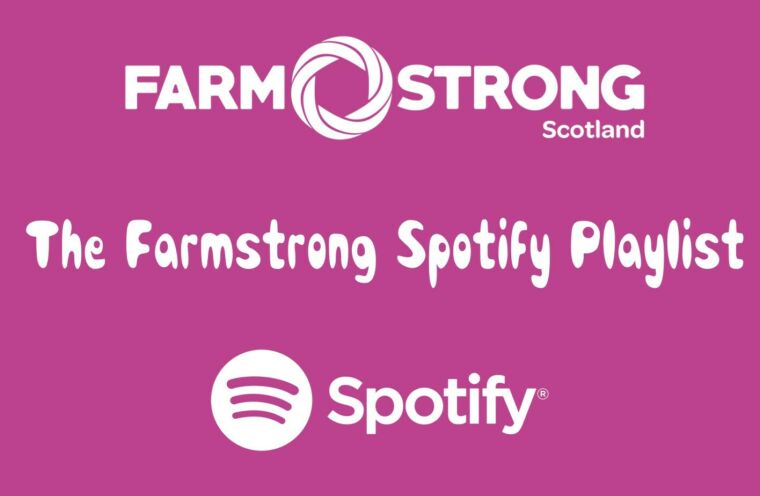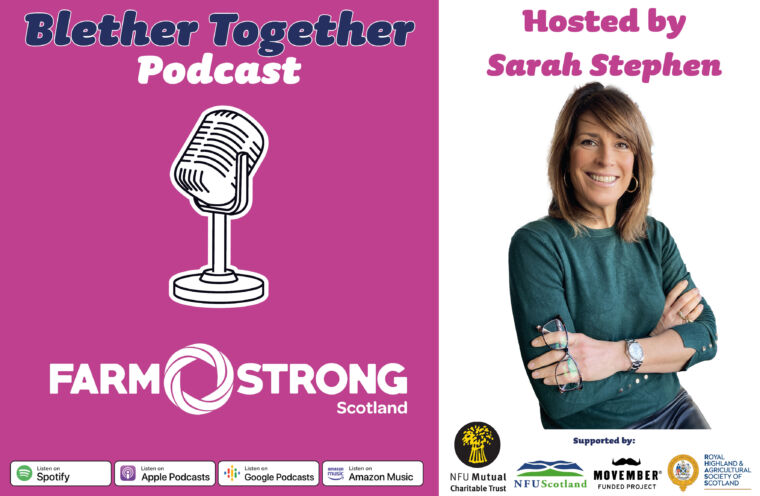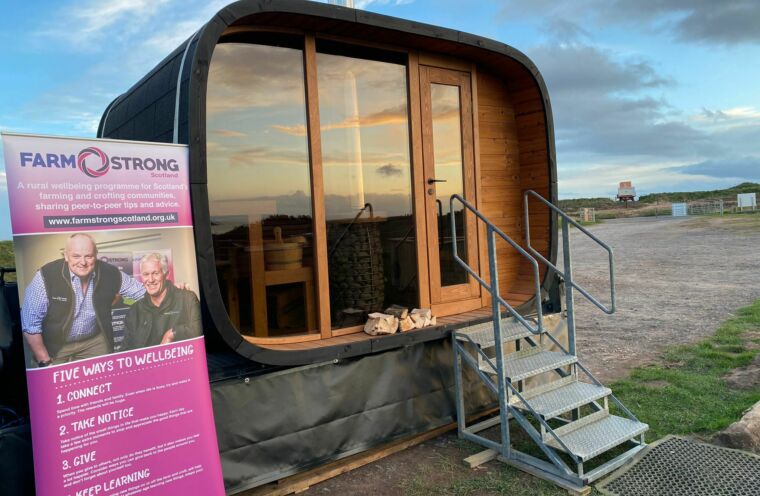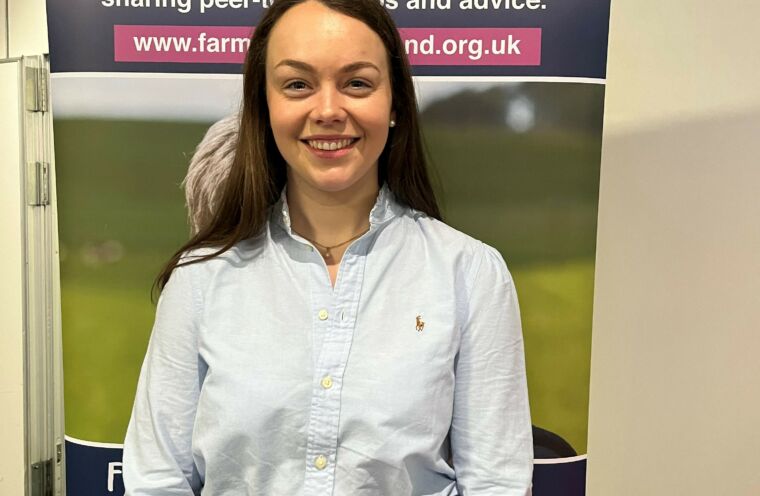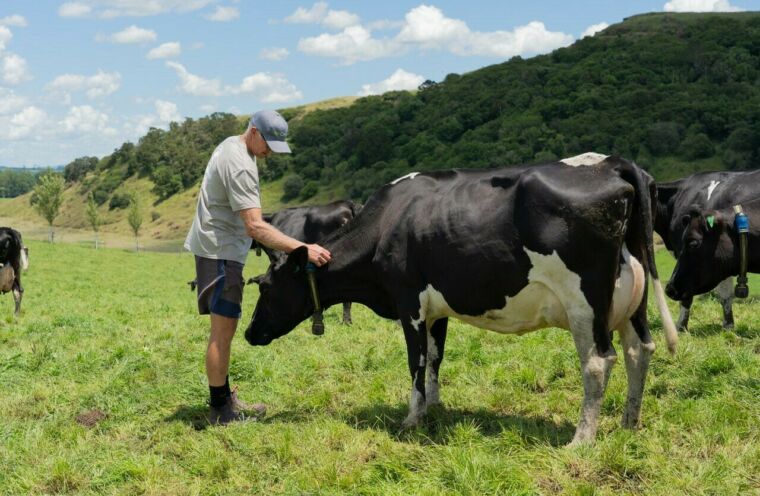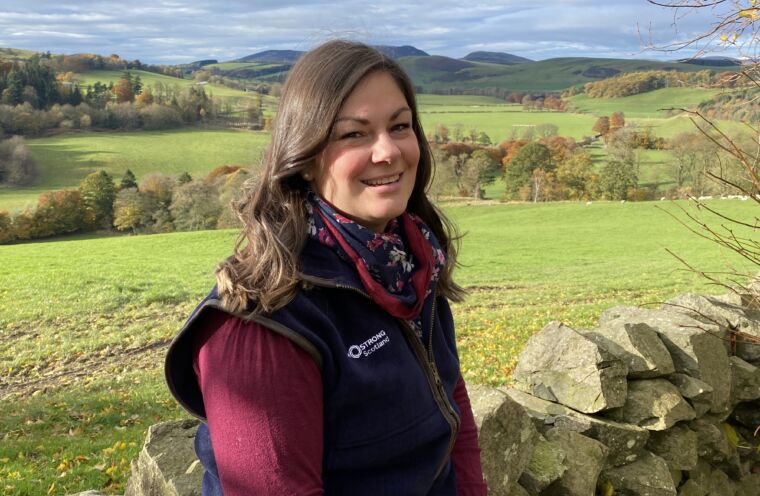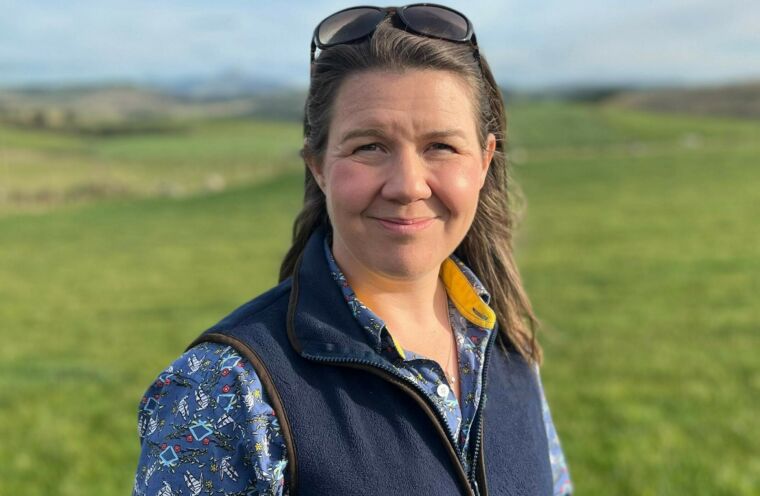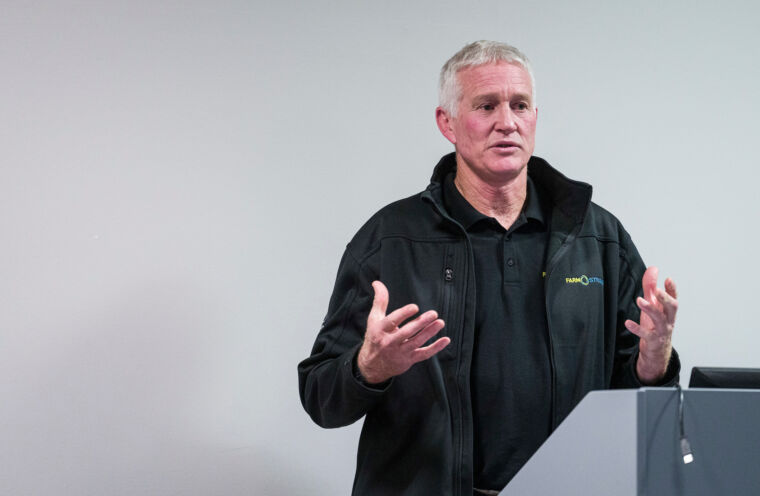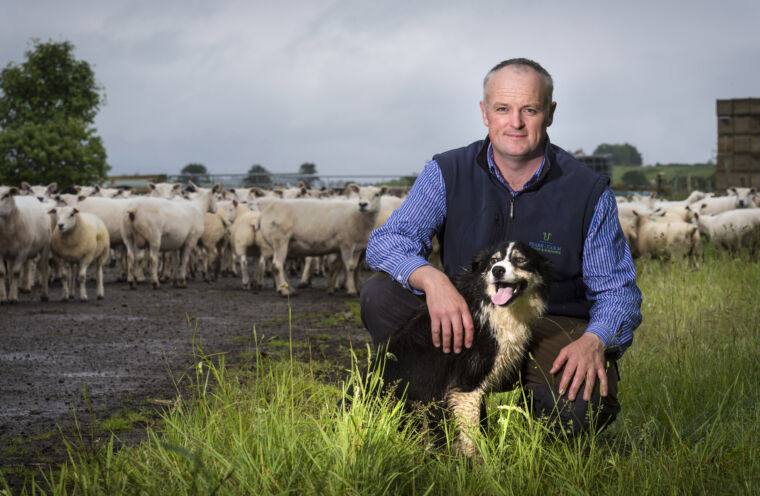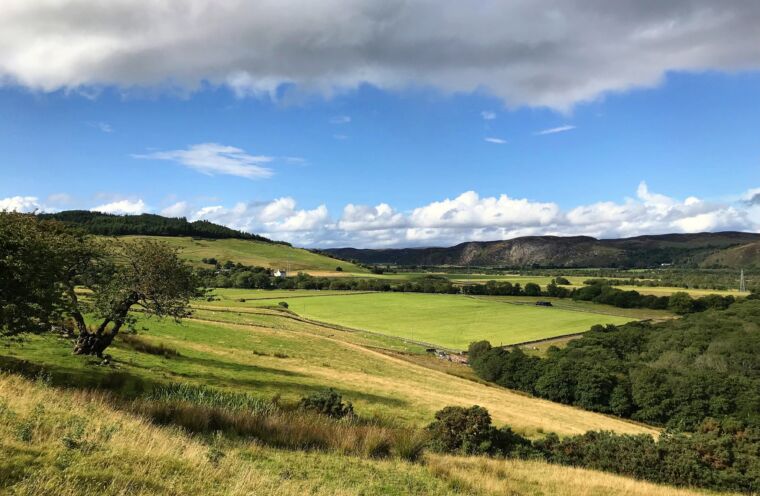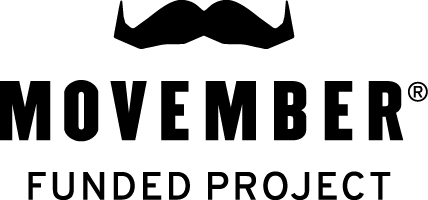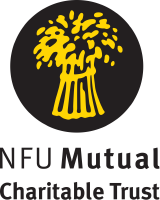Published November 2025
Guest Q&A - From uncomfortable to essential: Building a workplace culture that supports health and wellbeing
Go BackGuest Q&A:
Ian Collins, Area Director Agriculture Scotland and North England, Bank of Scotland with commentary from his colleagues Michelle Story (far right), Julie McLaren (far left), and Judith Hunter, Relationship Directors in the Bank of Scotland’s Agriculture Team.
From uncomfortable to essential: Building a workplace culture that supports health and wellbeing
To coincide with Menopause Awareness Month, Farmstrong Scotland made it their mission to speak to as many farmers, crofters and people in the agricultural community as possible about their experiences with menopause and its effect on both men and women working and living in the industry.
As part of the campaign, Bank of Scotland’s Agriculture Team discussed their refreshing approach to menopause and other health conditions in the workplace...
Ian, what prompted you to focus on menopause support in your team?
"I've been in leadership roles for over 25 years and have always felt that teams need a deeper understanding of various life events which impact health and wellbeing," Ian begins.
“As a line manager of both men and women, I believe it's the responsibility of leaders to be brave enough to raise and address sensitive topics, to open the dialogue and break down some of the stigma attached to various health conditions. I always aim to do this in a way that leaves 100% choice for individuals to engage or not, based on their personal preferences."
Ian believes he is fortunate to work in a forward-thinking organisation that introduced a range of training and support networks around menopause some time ago.
What did you know about menopause before this became relevant in your workplace?
“Six years ago, I tried to run a local session on menopause for both women and men but was disappointed by the low attendance. This made me realise that people need to learn, in their own way, and that creating an environment where questions could be asked, perhaps initially from behind a screen, would be more effective.
"As a husband, son, father, and line manager, I assumed I understood menopause - how wrong I was," Ian admits. Through attending various learning sessions and speaking with colleagues, he's become much more aware of the stages of menopause, how it affects everyone differently, and how it can occur at different times. "I've also learnt how I can help create an environment where women and their male colleagues feel comfortable talking openly."
Were you ever uncomfortable raising the topic?
"No. While I have no medical training, I come from a medically oriented family, and from a young age my parents instilled in me that it's better to learn about health issues than ignore them.
“Of course, the first time I raised the issue with one of my teams, I noticed some uncomfortable faces, particularly among the men. My approach was to explain that everyone has mothers, many have partners, and all have female clients. Choosing not to engage in learning felt short-sighted."
How do the female team members feel about this approach?
Michelle Story, Julie McLaren, and Judith Hunter are all Relationship Directors in Ian's team.
Michelle wasn't surprised by Ian's approach. "Ian has always been an advocate of personal wellbeing so I was not surprised by his support when he found out I needed an early hysterectomy. He was prepared to discuss as little and as much as I wanted to. An offer I'm sure he regrets!" she laughs.
Julie agrees that Ian's openness has made all the difference. "Ian and the other guys in our team don't become awkward when we talk or joke about it, and when the brain fog hits, they understand completely and try to help with the words we are missing."
Judith echoes this: "Ian always has an open-door approach for health and wellbeing and genuinely takes an interest with absolute integrity."
Do actions always speak louder than words?
"The Bank of Scotland is very supportive and offers practical help, such as funding items like desk fans. But in most cases, it's less about material things and more about understanding," Ian explains.
“I know that any of the women in my team would feel comfortable speaking to me about doctor's appointments, time off, or simply having a bad day. Having learnt together, we've become a strong support network, regardless of gender."
Michelle confirms this openness has transformed the team dynamic. "We can have a laugh about the 'interesting' parts of menopause and that's refreshing in itself. Menopause has been a taboo subject for too long. For me, it's more about getting people comfortable with the topic and accepting the 'real' impact it has on people - men and women."
Julie highlights how Ian's support extended beyond just conversation. "Ian encouraged the discussion about it and when I was first advised that I was in full blown menopause, he offered lots of advice on where I could go to find further info. I was relatively young and probably had been perimenopausal for five years without knowing."
What has been the impact and outcome of this approach?
The women in Ian's team feel more supported and understood, and the overall team dynamic has improved.
"As a group, we're always willing to learn about health issues together and that has been a big driver in the appetite to learn more, and not just on menopause," Ian says. “The impact of this has led to training sessions on other things too like mental health training with RSABI, dementia awareness, British Heart Foundation CPR Reviver training, and all of the team being trained in and carrying Naloxone to treat opioid overdoses.”
Michelle describes how the conversation evolved naturally in their team. "We are lucky to have three women who are different ages but have also reached menopause due to different reasons and so it has naturally forced the conversation into our team. Everyone has been very supportive. We've attended training and listened to each other."
What is your advice for the industry?
Ian's advice is straightforward: "Don't bury your head in the sand. Creating an approachable and supportive environment that includes everyone builds camaraderie, helps the group achieve more, and ensures people feel genuinely cared for." At the same time, he's quick to add that some people - both women and men - may not want to engage. "So don't insist. Instead, encourage."
"As I've mentioned, farming is often a lonely occupation. Most family farms rely on both women and men to succeed and thrive, so you have to talk," Ian emphasises. "Making the most of everyone's capability in the moment, and supporting them when they need it, leads to a happier working environment and, hopefully, a more successful business."
His final recommendation? "Read the literature, Farmstrong has a good menopause resource, listen to a few podcasts on the topic to build up your own knowledge and then speak to those around you that you trust, they will be honest and ensure you remain authentic."
What’s the advice and key messages from a female perspective?
Michelle's message to women experiencing menopause is clear: "Don't hide. Be open and find support. It's out there and know that your feelings and thoughts are valid and genuine."
For male colleagues and managers, Michelle emphasises the importance of understanding - and myth-busting. "I'd like to see other male colleagues and managers across the sector understand more about what menopause is and how it affects both men and women. In the past, I've been told my symptoms are in my head and that I'm just being dramatic or that brain fog isn't real. I would want people to recognise the true impact of menopause - and I think this could also extend to younger managers too."
Judith believes sharing experiences is key: "I think it is fantastic that we are even engaging and sharing our experience. I am certainly happy to share, which I know other colleagues are too, and this I believe is positive." She adds: "Other managers, both male and female, could learn so much from Ian's open caring approach to health and wellbeing."
Julie's advice is simple: "It's more about the support in general, as menopause isn't just in the working day. Having that support makes all the difference."
Find all the menopause resources in the Wellbeing Hub.

